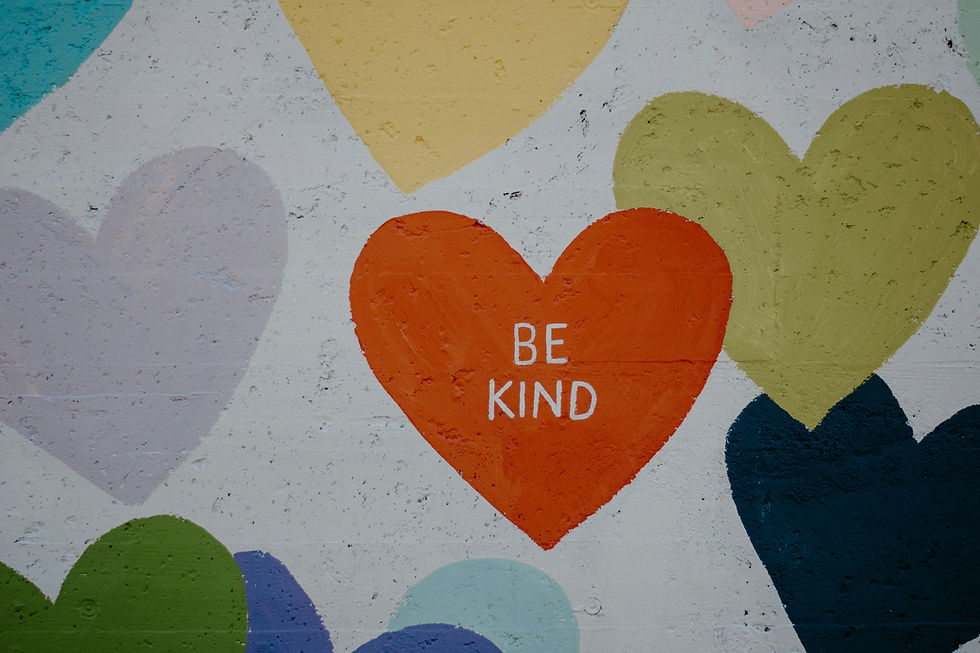The paradox of the sleep struggle
- Helen McGillivray

- May 15, 2025
- 2 min read
I am sure so many of us are familiar with wakefulness particularly at times of stress when sleep feels more important than ever. “I just need to sleep!”
If you’ve ever found yourself wide awake at 3 a.m., desperate to fall asleep, you know how cruelly elusive rest can become when you chase it.
From an Acceptance and Commitment Therapy (ACT) perspective, this is a perfect example of what we call a control agenda — the unhelpful human tendency to try and force or control our internal experiences like sleep, thoughts or emotions. Ironically, the more effort we put into controlling our sleep, the further it slips from reach.
This is the paradox of sleep struggle:
The more effort you put into trying to sleep, the more alert and frustrated you become. We can end up feeling tired and wired.
Why ACT Offers a Different Approach
ACT doesn’t aim to “fix” sleeplessness, but to change your relationship with it. Instead of resisting wakefulness, ACT invites you to make space for it, to turn toward your experience rather than away from it.
This might look like:
Gently noticing thoughts like “what if I can’t function tomorrow?” without trying to silence them.
Bringing attention to the physical sensations in your body with curiosity, not judgment.
Practicing willingness — allowing wakefulness to be there without turning it into a fight.
Over time, this psychological flexibility can reduce the anxiety that fuels insomnia. It might not make you fall asleep faster tonight, but it can reduce the stress and shame around poor sleep which creates the conditions for rest to return naturally.
A Simple ACT-Based Practice
Next time you’re lying awake, try this:
Notice your thoughts and emotions then name them gently “Here’s anxiety. Here’s worry about work.”
Breathe and open up - drop the struggle and allow those thoughts to be present without needing to change them.
Reconnect with your values - if its kindness. Can you treat yourself with care even if you are tired? Avoid giving yourself a hard time!
Sleep, like so many human experiences, often arrives when we stop chasing it. And in the meantime, you can still live meaningfully (even if you are a bit tired!). Try going with what your body needs when its tired, perhaps slow down and prioritise self care.
My Top 2 Tips for a Restful Night
1. Stop Trying to Sleep — Start Noticing Instead
The harder you try to force sleep, the more your mind resists. Instead, gently shift your focus from “I must sleep” to “What’s happening right now?” Notice your breath, the weight of the blanket, or the sounds around you. Practice simply being with your experience, without needing to change it. Sleep can’t be commanded but it often returns when we step out of the way.
2. Anchor to Kindness, Not Control
Rather than battling thoughts like “I can’t cope tomorrow if I don’t sleep” meet yourself with kindness. Remind yourself: “It’s okay to be tired — I’ve handled tired days before.” This softening breaks the cycle of frustration and self-criticism that keeps us wired. Let restfulness - not perfection be your goal.




Comments